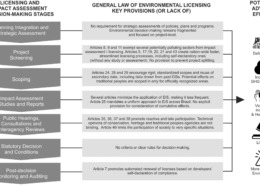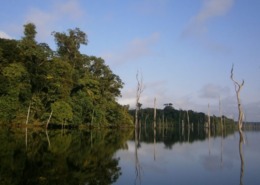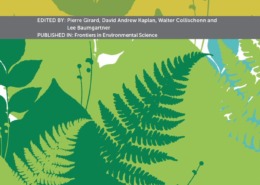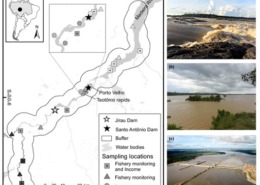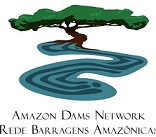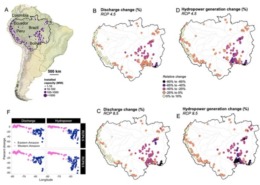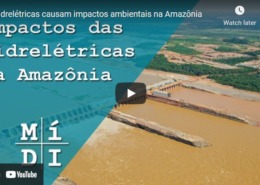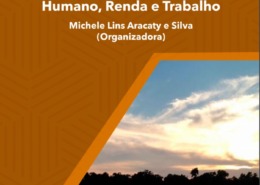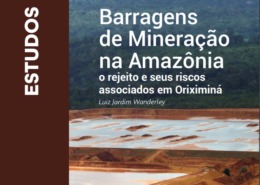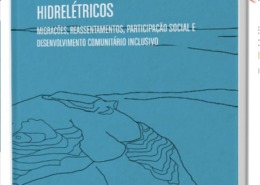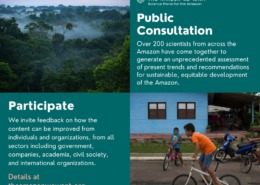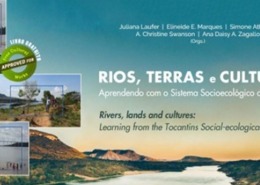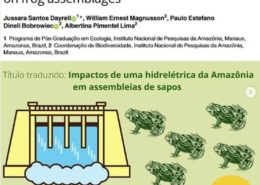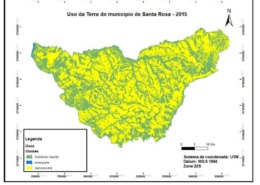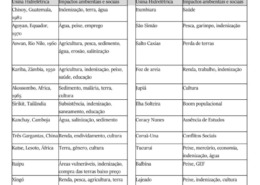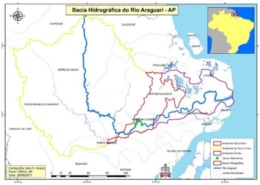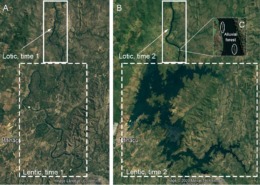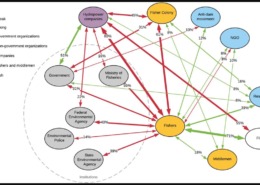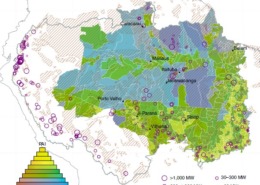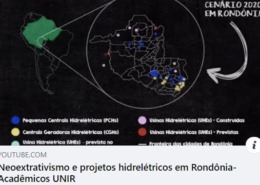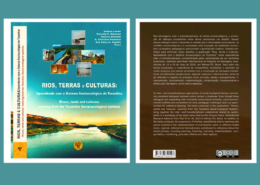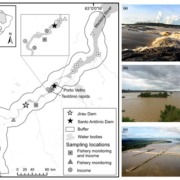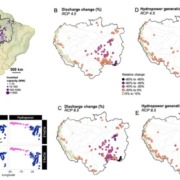New paper: Functional responses of fisheries to hydropower dams in the Amazonian Floodplain of the Madeira River
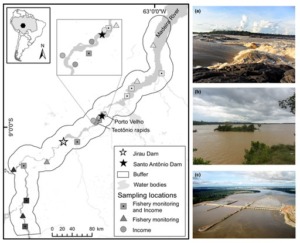
New paper: Functional responses of fisheries to hydropower dams in the Amazonian Floodplain of the Madeira River
This new paper finds that dams affect the functional composition of fisheries yields and reduce catches, negatively impacting fishing-based income of communities in the Amazon.
Authors: Caroline C. Arantes, Juliana Laufer, Mac David da Silva Pinto, Emilio F. Moran, Maria Claudia Lopez, Jynessa Dutka-Gianelli, Danielle Mendonça Pinto, Suyog Chaudhari, Yadu Pokhrel, and Carolina R. C. Doria
Read more at: https://doi.org/10.1111/1365-2664.14082
Methodological Deepening Days – First meeting Nov 12, 2021: Independent Monitoring of Fisheries
The Methodological Deepening Days are an initiative promoted in partnership by the Independent Territorial Monitoring Network, the Citizen Science Network for the Amazon and the International Amazon Dam Research Network, which seeks to deepen the debate and research on independent monitoring methodologies through exchanges qualified. This first cycle of meetings has as its theme the Independent Monitoring of Fisheries in Amazon Basins. For more information, suggestions or comments, access the initiative’s virtual wall.
Nov 12, 2021 10:00 AM (Sao Paulo time zone)
Zoom meeting registration: https://ide-fgv-br.zoom.us/meeting/register/tJIkcOitqjorH9wBGkBLe1QgAJFu8lEnwfAP
This initiative conducted by the three networks seeks to foster debate and research through qualified exchanges about different mobilized methodologies and common challenges and, through discussions and systematization of experiences, hopes to address demands and gaps, and systematize learning. The product of this collective effort will be a synthesis publication of the learnings and recommendations for strengthening independent monitoring of fisheries in basins of the Amazon region, from the exchanges carried out.
Climate change threatens hydropower energy security in the Amazon basin
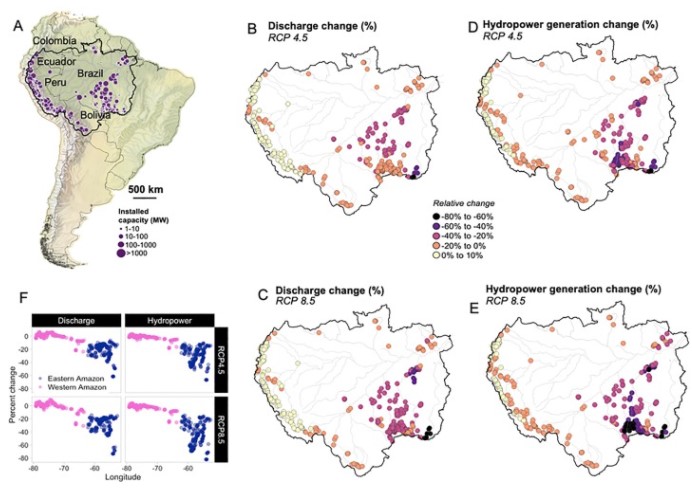
A new paper in Global Environmental Change led by Rafael Almeida examines the implications of climate change for hydropower production in the Amazon Basin. Projected changes in river discharge regimes will have serious implications for the reliability and cost-effectiveness of hydropower in many locations, suggesting that alternative energy sources such as wind and solar would be wise investments in place of an excessive dependence on hydropower alone. Excerpts from a press release and link to the open-access paper are below.
From EurekaAlert! press release:
Hydropower is the dominant source of energy in the Amazon region, the world’s largest river basin and a hotspot for future hydropower development. However, a new Global Environmental Change study warns that in the coming decades, climate change-driven reductions in precipitation and river discharge will diminish the Amazon’s hydropower capacity.
The study’s authors examined 351 proposed hydropower projects in the Amazon basin. Their findings suggest that hydrologic shifts by midcentury will reduce hydropower generation at many locations. As river discharge becomes increasingly variable and hydropower output declines, alternative energy sources like solar and wind are expected to become ever more important.
Lead author Rafael Almeida, a postdoctoral researcher at Cornell University who was formerly a visiting graduate student at Cary, explains, “Run-of-river hydropower dams are designed to operate within a particular range of flows. Flows that are too low won’t generate power, and flows that are too high must be ‘spilled’, causing problems, and not generating extra power. As the Brazilian Amazon experiences more variability in precipitation, with higher ‘highs’, lower ‘lows’, and fewer periods of optimal flow, it will mean proposed hydropower plants will operate at full capacity less often.”

